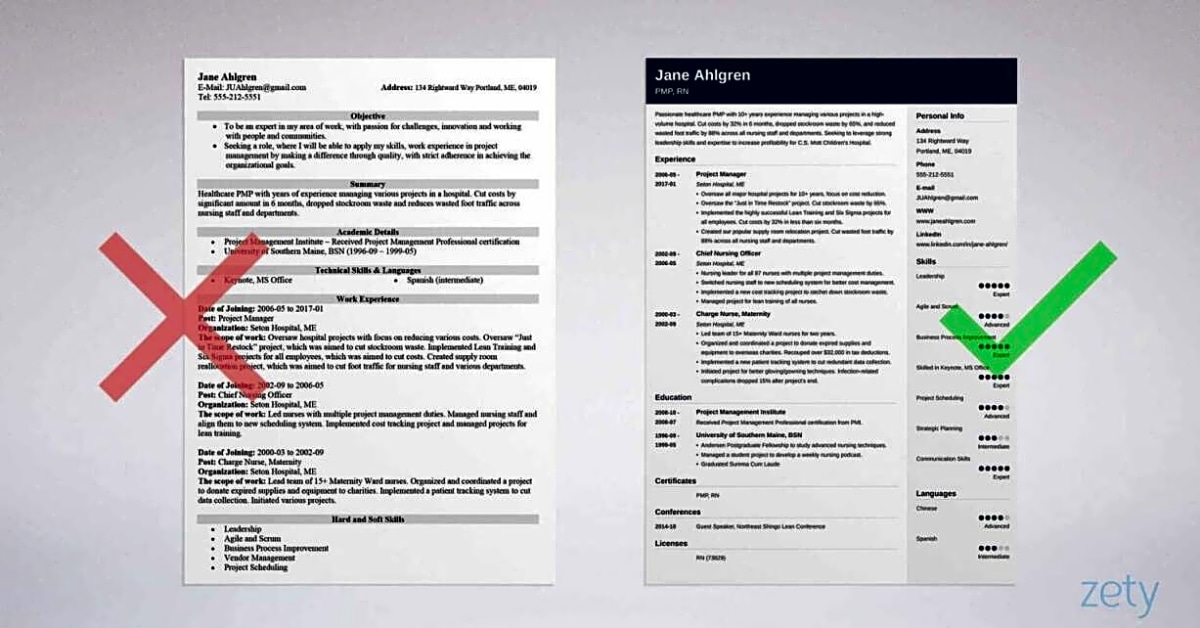The role of a Chief Experience Officer (CXO) is becoming increasingly important in today’s fast-paced and ever-changing business landscape. As companies strive to provide exceptional customer experiences, the need for strong leadership and decision-making abilities has become a top priority for organizations looking to stand out in a crowded market.
As the CXO, your main focus will be on developing and implementing strategies that improve the overall customer experience. This requires a unique combination of skills, including strong leadership abilities and the ability to make critical decisions that will have a direct impact on the success of the company.
In this article, we will delve into the key responsibilities and requirements of a CXO, specifically focusing on the crucial aspects of strong leadership and decision-making abilities. Whether you are a seasoned CXO or aspiring to take on this role, this article will provide valuable insights and tips on how to excel in your position.
Join us as we explore the crucial role of a CXO in today’s business world and discover how developing strong leadership and decision-making abilities can set you apart as a top candidate for this highly sought-after position.
The Chief Experience Officer (CXO) is a crucial role in today’s business landscape. As companies become more customer-centric, the CXO is responsible for overseeing and improving the overall experience that customers have with a company’s products or services. This position is becoming increasingly popular as businesses prioritize the customer experience as a key differentiator in the competitive market.
The CXO works closely with other C-suite executives to align the customer experience with business objectives and drive growth. They are responsible for creating and implementing strategies that enhance customer satisfaction, retention, and loyalty. This includes understanding and anticipating customer needs, developing innovative solutions, and continuously improving processes and systems.
To excel in this role, a CXO must possess a unique set of skills and qualifications that allow them to make critical decisions that positively impact the customer experience. This requires strong leadership and decision-making abilities, as well as a deep understanding of the customer journey and how it aligns with the company’s goals.
One of the key responsibilities of a CXO is to analyze and interpret data to gain insights into customer behavior and preferences. This data-driven approach allows them to make informed decisions that drive positive results for the business. They must also have excellent communication skills to effectively convey these insights to other stakeholders and collaborate on solutions.
Another essential skill for a CXO is the ability to think strategically and holistically about the customer experience. This involves considering all touchpoints, from initial contact to post-purchase support, and ensuring consistency and quality throughout. A CXO must also be able to adapt quickly to changing market trends and customer expectations.
In terms of qualifications, a CXO typically has a strong background in customer experience, marketing, or business management. They may also have advanced degrees such as an MBA or specialized certifications in customer experience management. A CXO is also expected to have several years of experience in a leadership role, demonstrating a track record of success in driving customer-centric initiatives.
The career path for a CXO may vary depending on the company and industry, but it often involves progressing through various roles in customer experience, marketing, or general management. As the CXO position is relatively new, there is no established salary range, but it is typically a high-paying executive role.
In conclusion, the role of a Chief Experience Officer is crucial in today’s business landscape, as companies prioritize the customer experience to drive growth and differentiate themselves from competitors. To succeed in this role, a CXO must possess a unique set of skills and qualifications that allow them to make critical decisions and continuously improve the customer experience. With the right combination of expertise and experience, a CXO can make a significant impact on a company’s success.
Key Responsibilities
CXOs have a wide range of responsibilities that all revolve around creating an exceptional customer experience. These include:
– Developing and implementing a customer experience strategy that aligns with the company’s overall goals and objectives.
– Leading cross-functional teams to ensure that all departments are working together towards a common goal of improving the customer experience.
– Analyzing customer data and feedback to identify areas for improvement and implementing solutions to address them.
– Establishing and monitoring key performance indicators (KPIs) to measure the success of the customer experience strategy.
– Collaborating with other executives and departments to ensure that the customer experience is consistently prioritized throughout the organization.
– Staying up-to-date with industry trends and innovations in customer experience to continually improve and evolve the company’s approach.
Understanding the Role of a CXO
To fully understand the responsibilities of a CXO, it’s important to first define their role within an organization. A Chief Experience Officer is a senior-level executive who is responsible for overseeing the entire customer experience and ensuring that it aligns with the company’s overall strategy and vision. They are often referred to as the ‘voice of the customer’ and play a crucial role in driving growth and success.
As a CXO, you will be responsible for developing and implementing strategies to improve the customer experience across all touchpoints, including marketing, sales, customer service, and product development. This requires a deep understanding of the target audience, market trends, and competition.
In addition to focusing on the external customer experience, a CXO also works closely with internal teams to ensure that the company culture, processes, and policies are aligned with delivering a positive customer experience. They act as a bridge between different departments, promoting collaboration and cross-functional communication.
Overall, a CXO must have a holistic view of the company and its customers to be able to make informed decisions and drive meaningful change. They are often seen as the driving force behind a company’s customer-centric approach and are essential for staying competitive in today’s business landscape.
As you can see, the role of a CXO is multifaceted and requires a diverse skillset. To excel in this position, you must possess strong leadership and decision-making abilities, as well as have a deep understanding of your customers and their needs. By continually developing these skills and staying up-to-date with industry trends, you can pave the way for success as a CXO.


